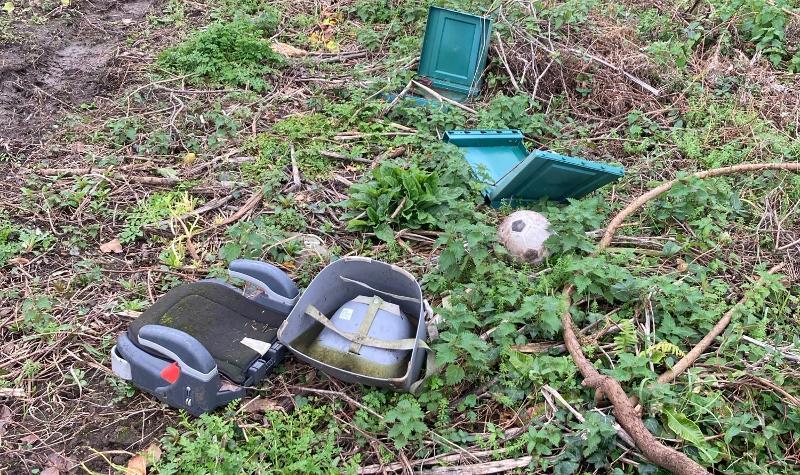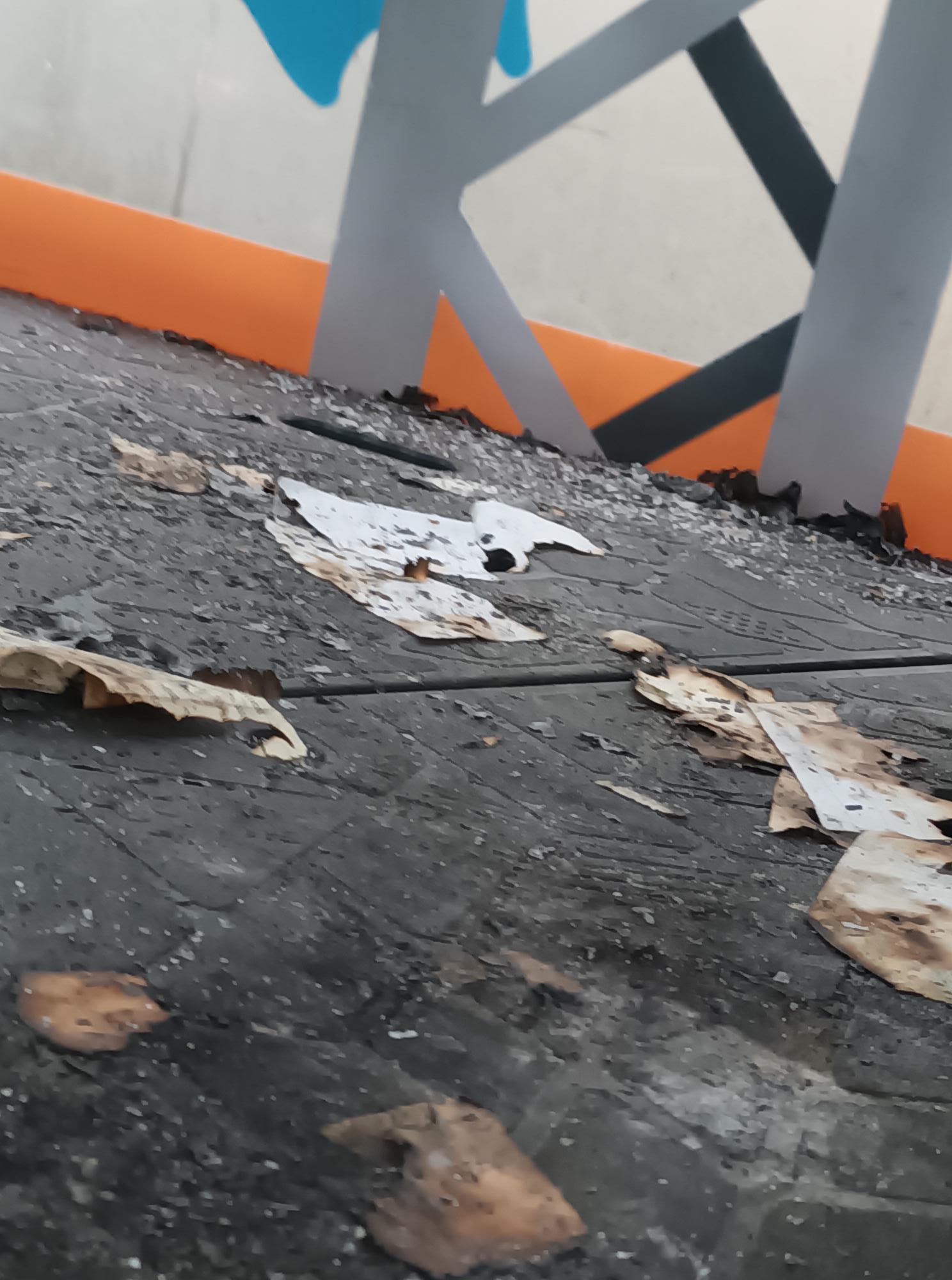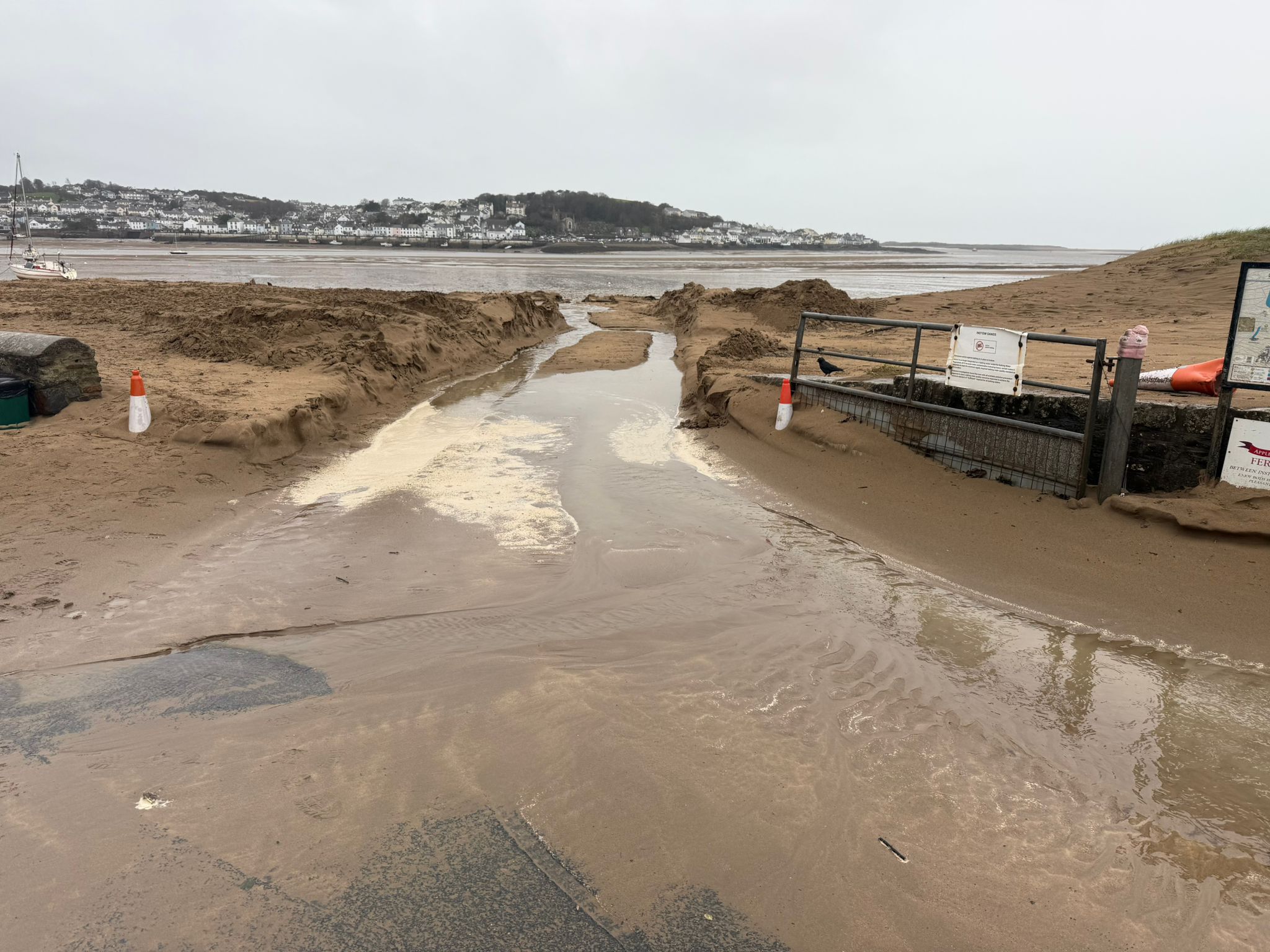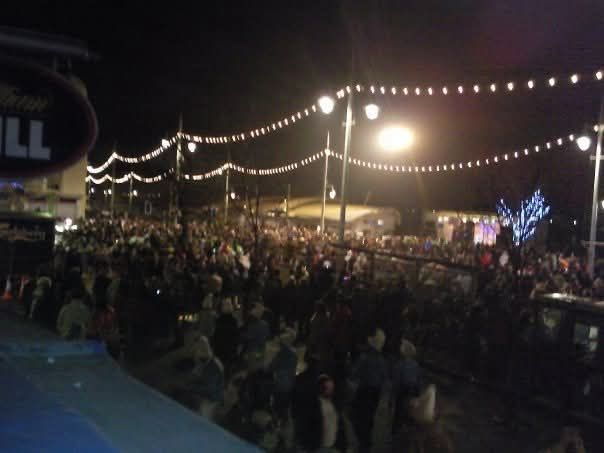Torridge District Council is intensifying its efforts to address fly-tipping after substantial amounts of waste were discovered at Kenwith Valley Local Nature Reserve in Bideford.
Fly-tipping in and around Bideford
Investigations into flood structures have uncovered historical fly-tipping, which includes:
- domestic waste
- building materials,
- white goods
- green waste
Kenwith Valley Nature Reserve is indeed a vital ecological site near Bideford. Its diverse habitats, ranging from woodlands to wetlands, are home to a plethora of wildlife, including various species of birds, mammals, reptiles, and insects. This biodiversity makes it not only a critical area for conservation but also a favoured destination for those wishing to engage with nature, offering educational and recreational opportunities.
Threat to nature
However, the problem of fly-tipping poses a significant threat to this natural treasure. Fly-tipping, or the illegal dumping of waste, can have several adverse effects:
- Habitat Destruction: Waste can smother plant life, alter soil composition, and change the landscape, effectively destroying habitats.
- Pollution: Hazardous materials in the rubbish can contaminate water sources, soil, and air, affecting both wildlife and human health.
- Wildlife Harm: Animals might ingest or get entangled in waste, leading to injuries or death. It can also disrupt natural behaviors like breeding and foraging.
- Aesthetic Value: The beauty of the natural reserve, which draws visitors, is marred by litter and waste, potentially reducing tourism and educational visits.
The local council’s proactive monitoring and encouragement of public vigilance are commendable steps towards managing this issue. Here’s how you and others can help:
- Report Fly-Tipping: Use local council hotlines or websites to report any instances of fly-tipping you observe.
- Community Involvement: Participate in or organize community clean-up days. These not only help clean the area but also raise awareness.
- Education: Spread the word about the impacts of fly-tipping. Educational programs or workshops can inform people about the importance of protecting natural reserves.
- Support Enforcement: Advocate for or support stricter enforcement of anti-litter laws and possibly penalties for fly-tipping.
If you’re planning a visit to Kenwith Valley or want to contribute to its preservation, consider these actions to ensure you’re part of the solution, not the problem:
Stay on Paths: To minimize your impact on the ground flora and fauna.
Leave No Trace: Ensure you take all your litter away with you.
Respect Wildlife: Observe from a distance, do not feed or disturb the animals.
See it, report it
If you see unlicensed activity or fly-tipping please call the Council on 01237 428700 or email environmental.protection@torridge.gov.uk. Confidentiality is respected.
Fly-tipping is a serious offence. It is punishable with fines of up to £50,000- or 12-months imprisonment.
Councillor Philip Hackett, Lead Member for Public Health & Community Safety, said:
“Fly tipping is more than an unsightly nuisance and a bit of dumped waste for the council to clear. It is a planned waste crime which is done for the sake of convenience, but at a considerable cost to the local community. Each case can involve an Environmental Health Officer, waste operatives, vehicles, and a customer services officer – so the costs can be considerable. We would strongly urge residents to report any cases and warn anyone planning to dump their rubbish illegally that these cases will be thoroughly investigated and pursued.”






